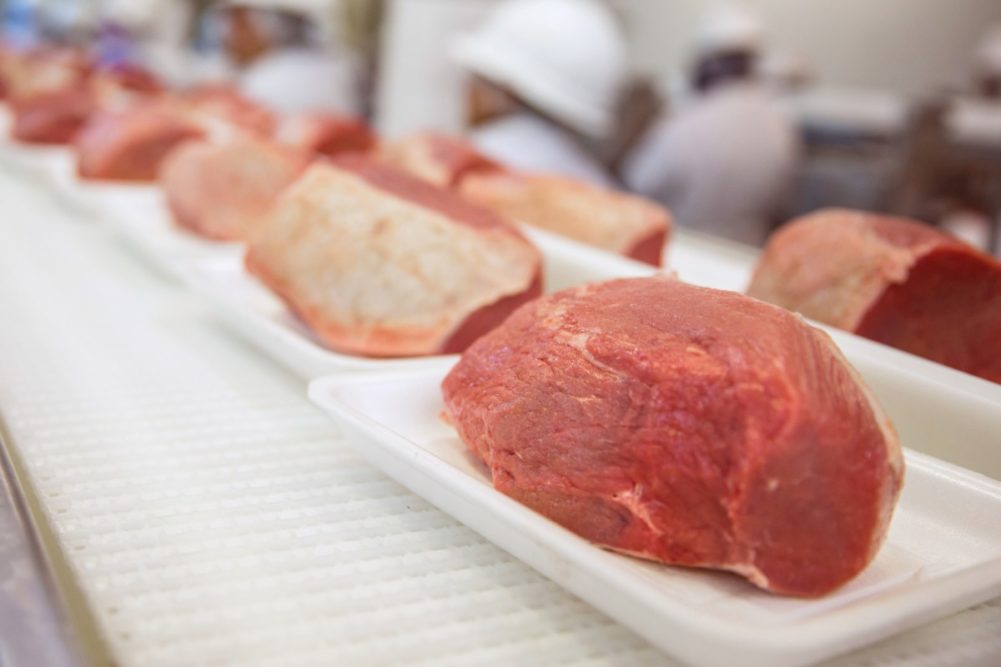CHEYENNE, WYO. — Wyoming Governor Mark Gordon vetoed a state law that he believed would “only serve to increase confusion” for state meat processors and consumers.
The vetoed bill laid out conditions required for custom slaughter facilities not overseen by USDA officials to sell their products.
Gordon expanded on his reasoning for the veto, calling the state legislation a “trigger bill,” as it would only go into effect if Congress were to pass the federal Processing Revival and Intrastate Meat Exemption (PRIME) Act.
If Wyoming’s meat processors or producers attempted to use the provisions of the law in question without changes in federal law, they would be subject to license revocation, fines and penalties.
Additionally, the law would place Wyoming’s state meat and poultry inspection program as noncompliant with the federal Meat Inspection Act, putting the program at risk.
Gordon added that if Congress were to pass the PRIME Act with amendments, the Wyoming statute would likely require conforming changes that could delay implementation.
“Should the federal PRIME Act become law, I have no doubt Wyoming would quickly respond with corresponding legislation furthering Wyoming’s food freedom,” he said.
Last year, bipartisan members of the US House of Representatives and Senate laid out proposals for the PRIME Act. One of the bill’s objectives is to permit the intrastate distribution of custom-slaughtered meat to various foodservice and retail channels.
The Meat Institute and the National Cattlemen’s Beef Association voiced opposition to the PRIME Act due to food safety concerns.


